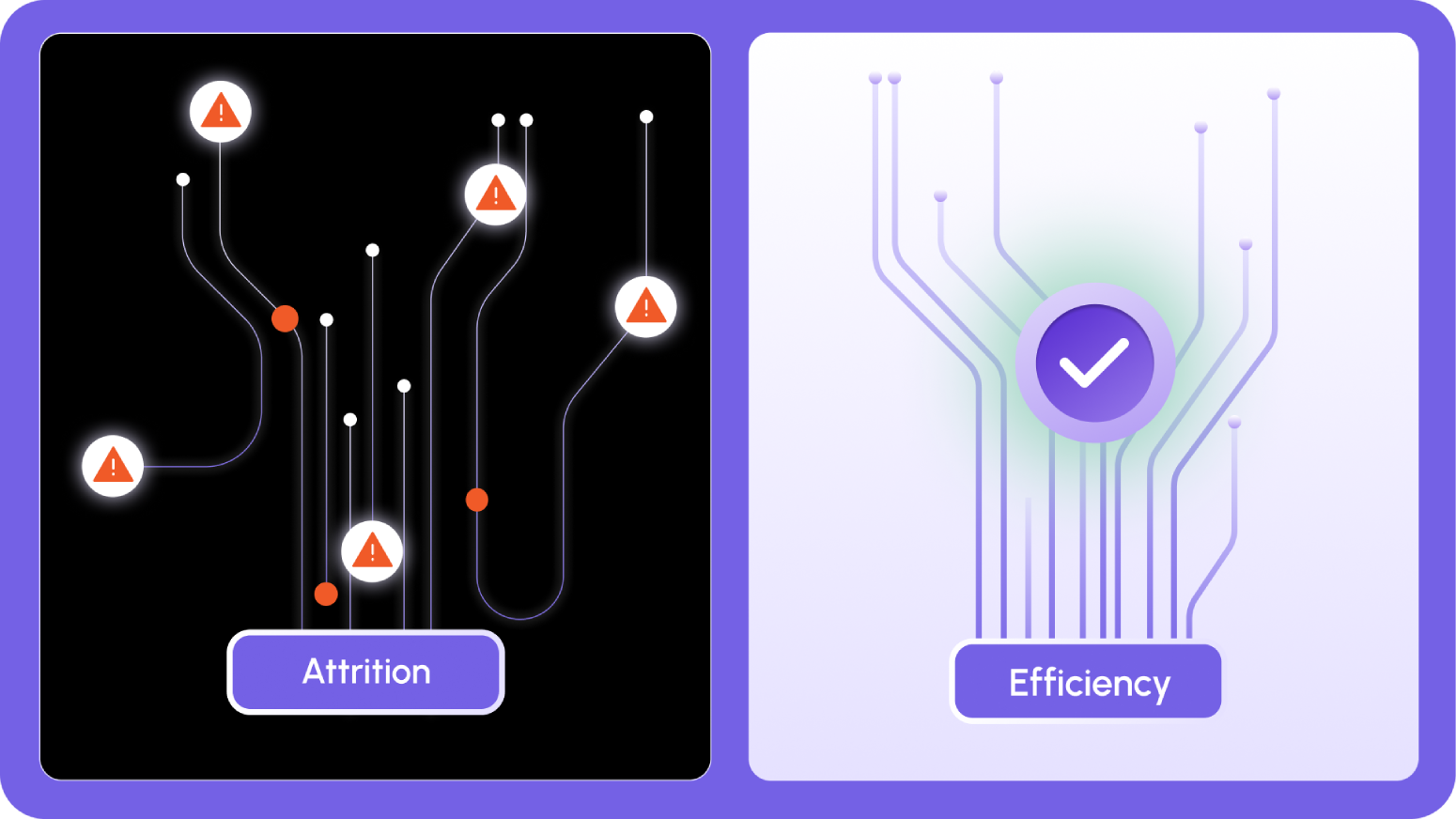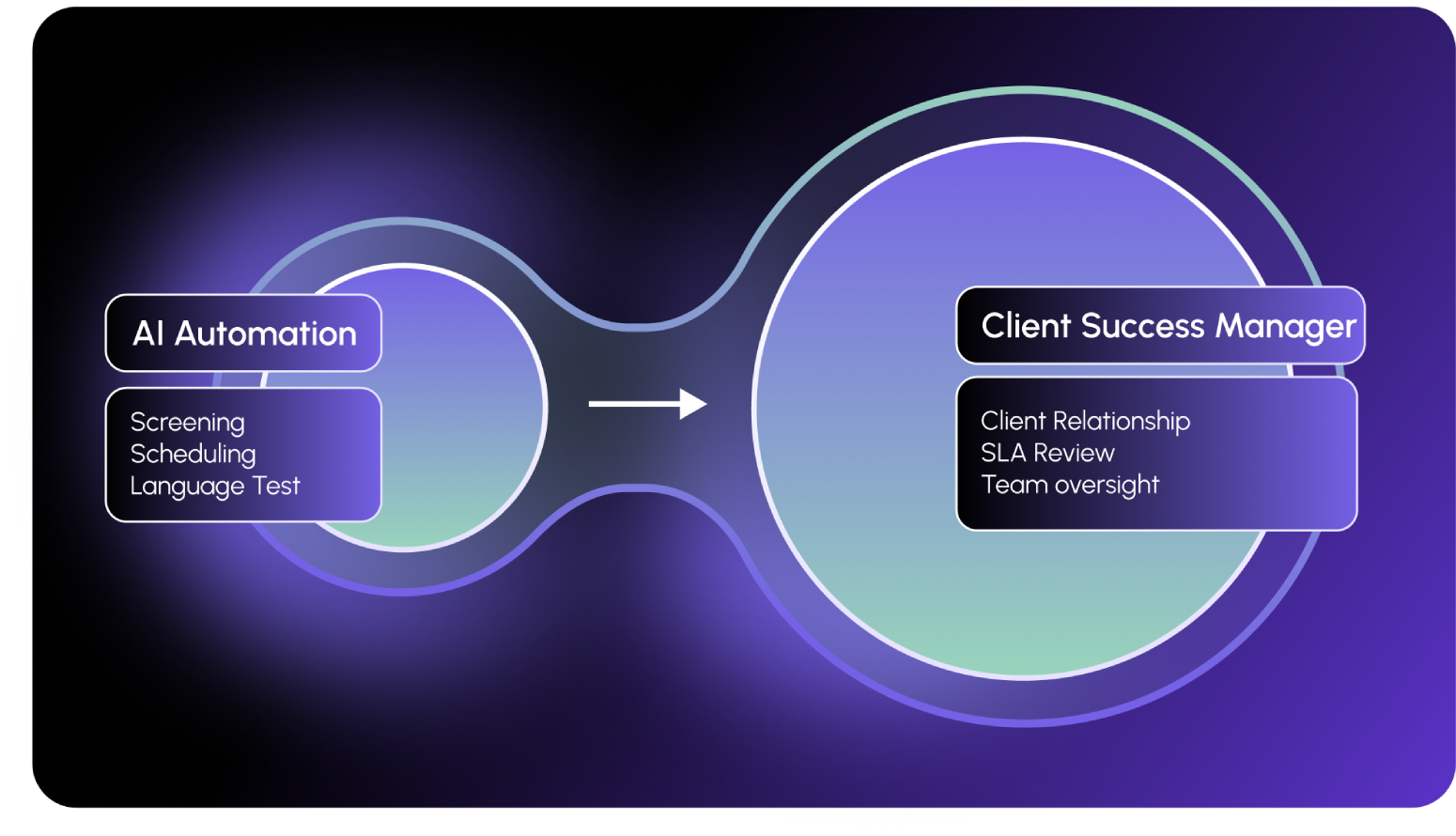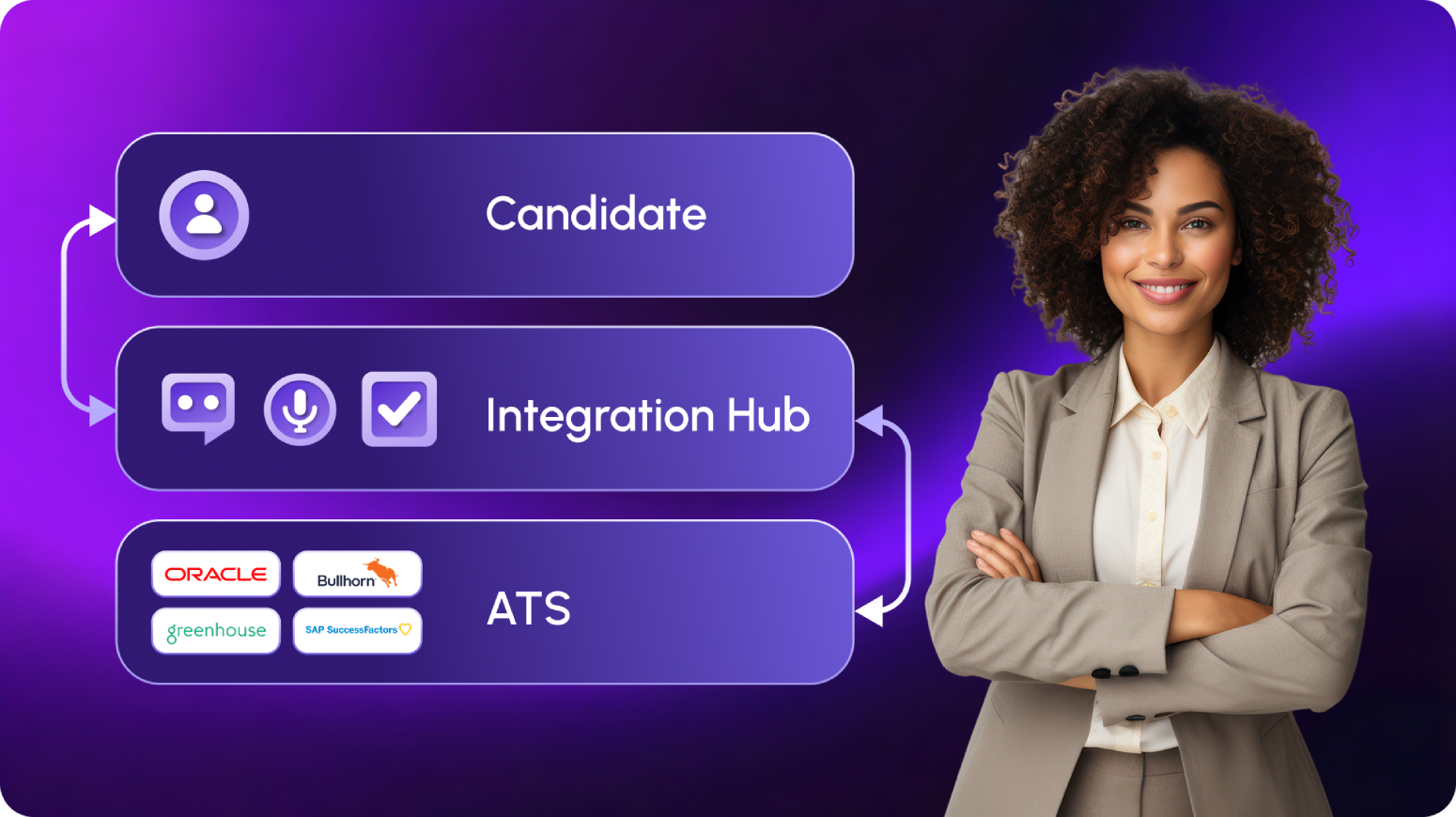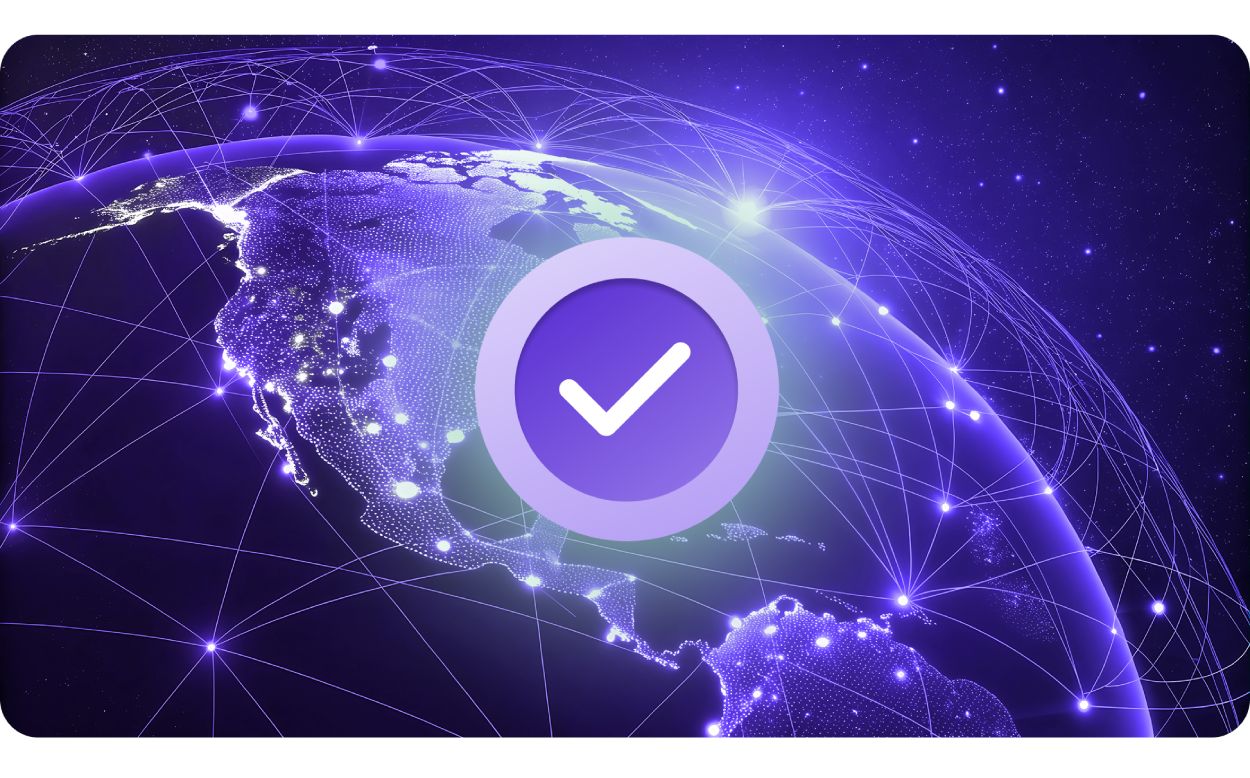1.1. The State of the BPO Workforce
The BPO industry is the engine of corporate support, built on the promise of massive scalability and rapid deployment. However, this foundation is constantly tested by sky-high agent attrition and the urgent need to staff entire contact center campaigns on extremely short notice. A typical BPO firm often faces annual turnover rates ranging from 80% to over 120%, meaning the talent acquisition function is perpetually in recruiting mode. The core challenge is the sheer volume: recruiting teams must move from zero to hundreds of agents in days or weeks, often across multiple countries and time zones, to meet demanding client contract timelines.

1.2. The High Cost of Attrition and Delayed Ramp-up
In BPO, the primary financial impact is measured by lost revenue opportunity and Client Service Level Agreement (SLA) penalties. When a new client contract requires 500 agents and the BPO can only staff 300 in time, the cost is immediate and severe. High attrition means constant, reactive recruiting, inflating the Cost-per-Seat (CPS) and diverting valuable resources away from client management. Furthermore, constant training cycles and delayed "time-to-competency" due to rapid churn compromise the quality of service, potentially damaging the client relationship and the BPO's brand reputation.
1.3. Unique Challenges in BPO Recruiting
BPO talent acquisition teams must navigate specific global and logistical complexities:
Massive Volume & Velocity: The need to hire hundreds or thousands of agents simultaneously, especially during major client ramp-ups or seasonal peaks (e.g., tax season, insurance enrollment).
Specific Soft & Hard Skills: Candidates must possess excellent communication, empathy, and problem-solving skills, often coupled with mandatory multilingual abilities and deep technical knowledge of a specific client product.
Global and Remote Compliance: Managing local labor laws, background checks, and data privacy (like GDPR or regional equivalents) across disparate international locations and for remote-based agents.
Complex Training Logistics: Coordinating the transition from hire to training completion (the "nesting" phase) quickly, ensuring that agents are ready to hit the phones on the client's timeline.
1.4. Defining Recruiting Automation and AI Recruiting Automation (RA)
manages the high-volume transactional tasks, such as distributing job postings globally, sending bulk interview invites, and tracking the progression of an agent through the training pipeline. Artificial Intelligence (AI) is the strategic component, using machine learning (ML) and Natural Language Processing (NLP) to perform specialized BPO functions: conducting automated language proficiency scoring, assessing candidate voice tone for empathy, and prioritizing applicants based on predictive models for long-term tenure and quality metrics.





.webp)